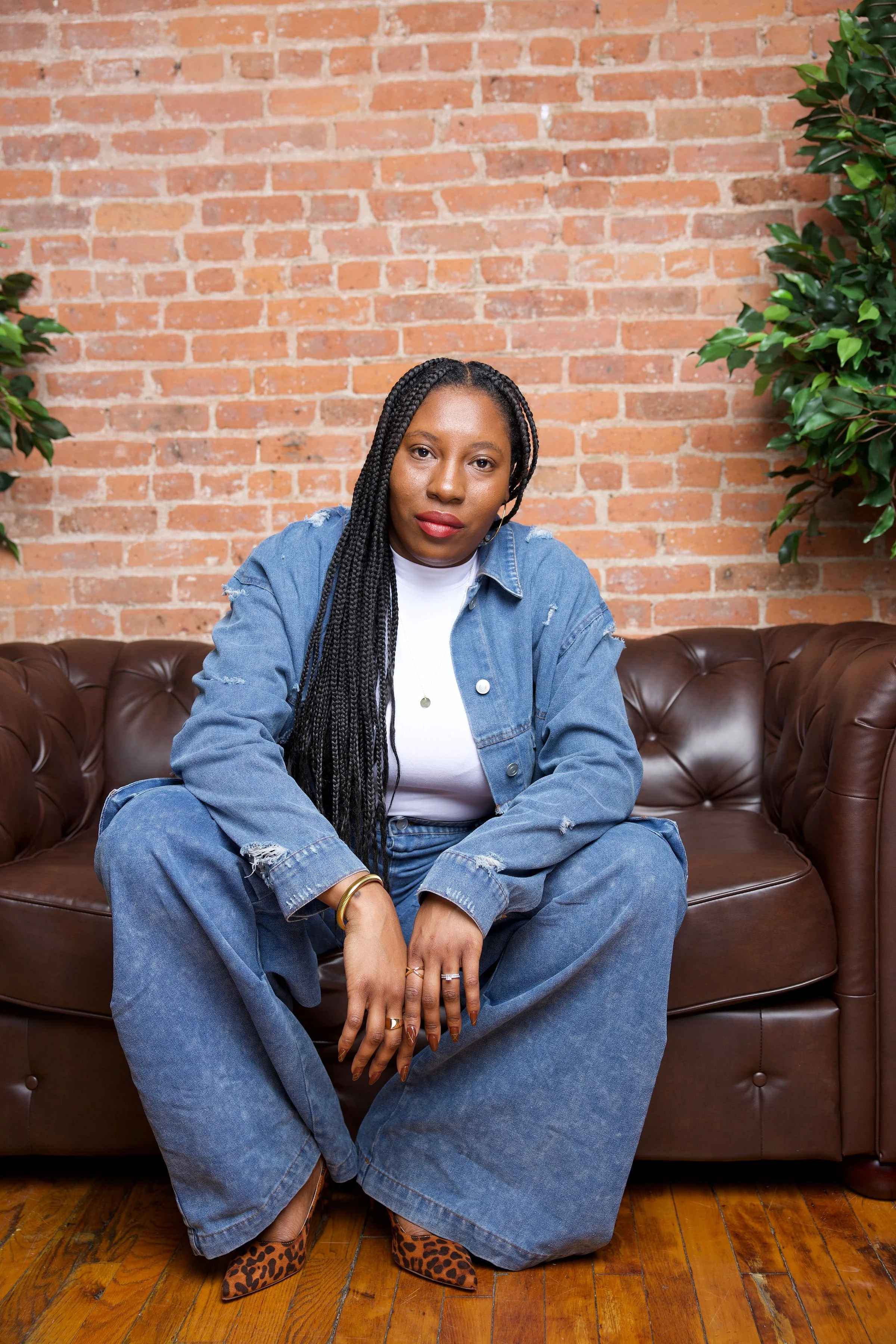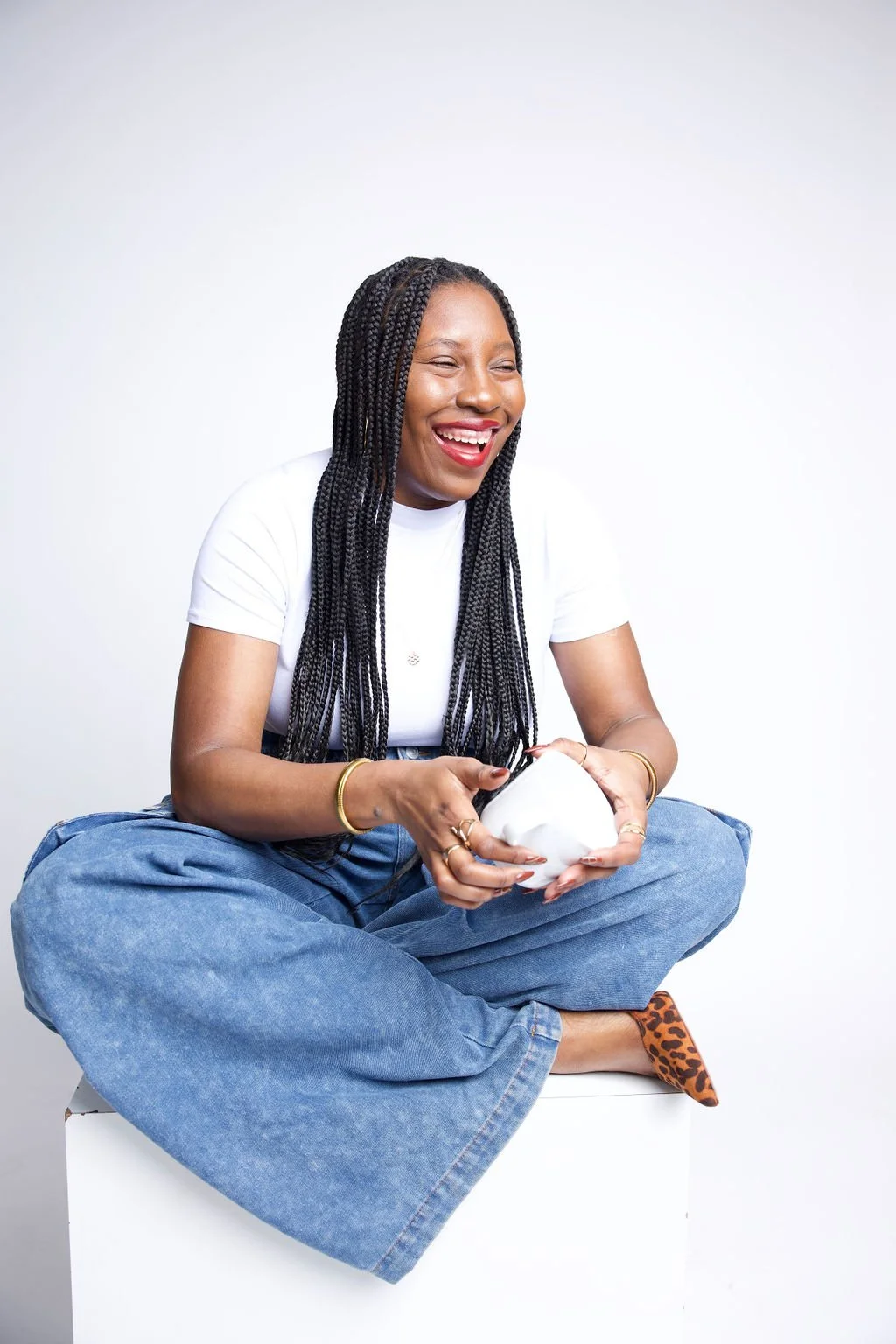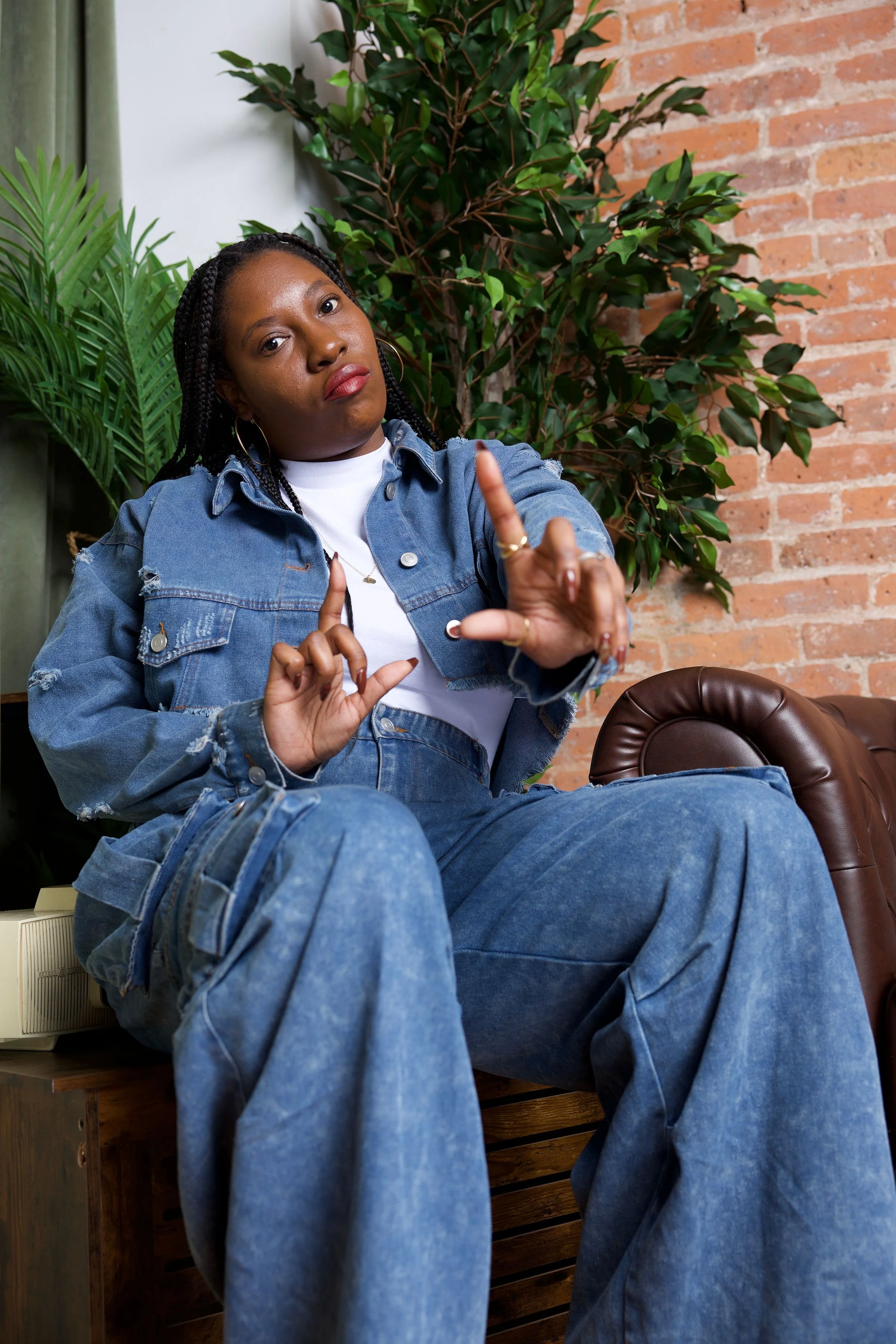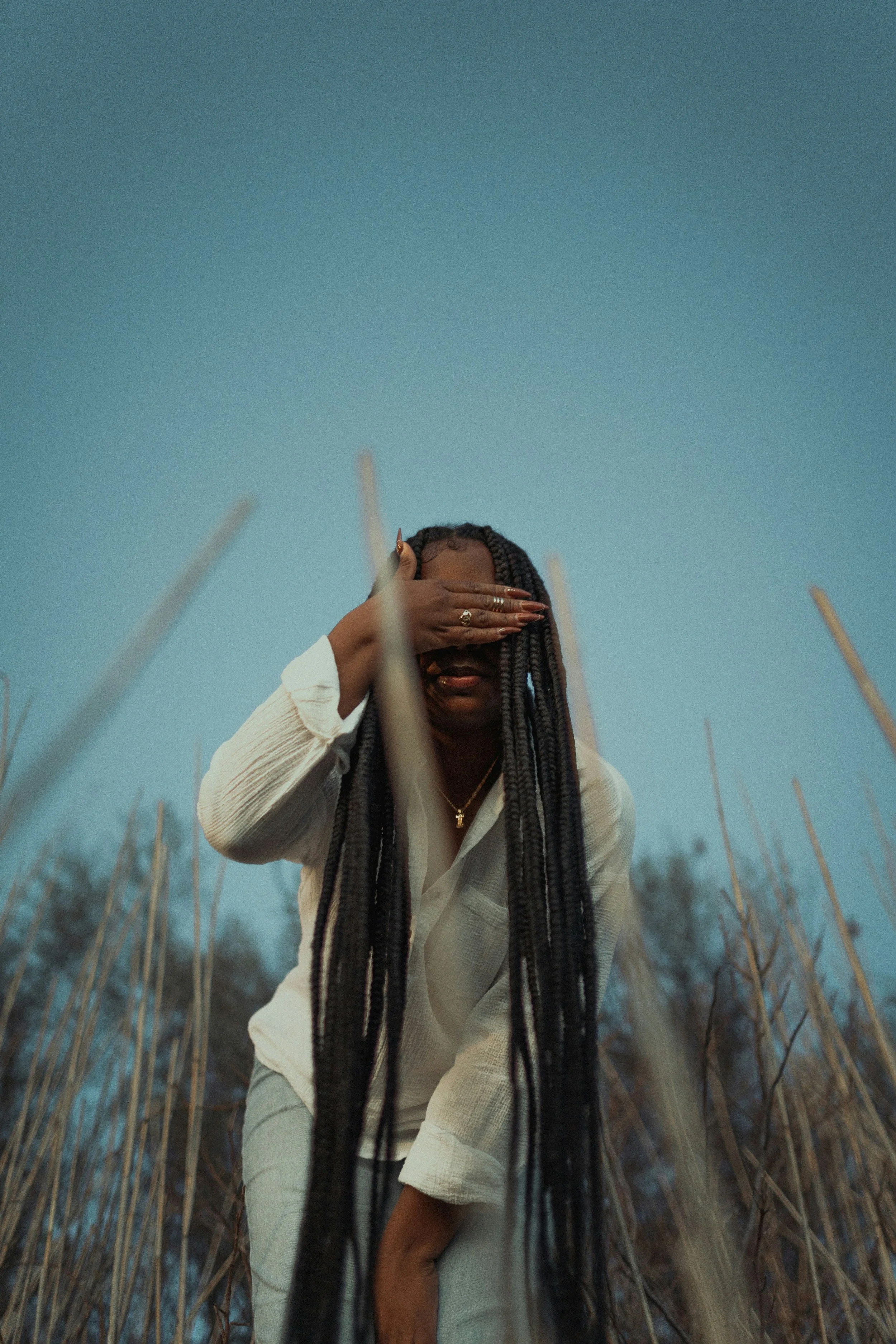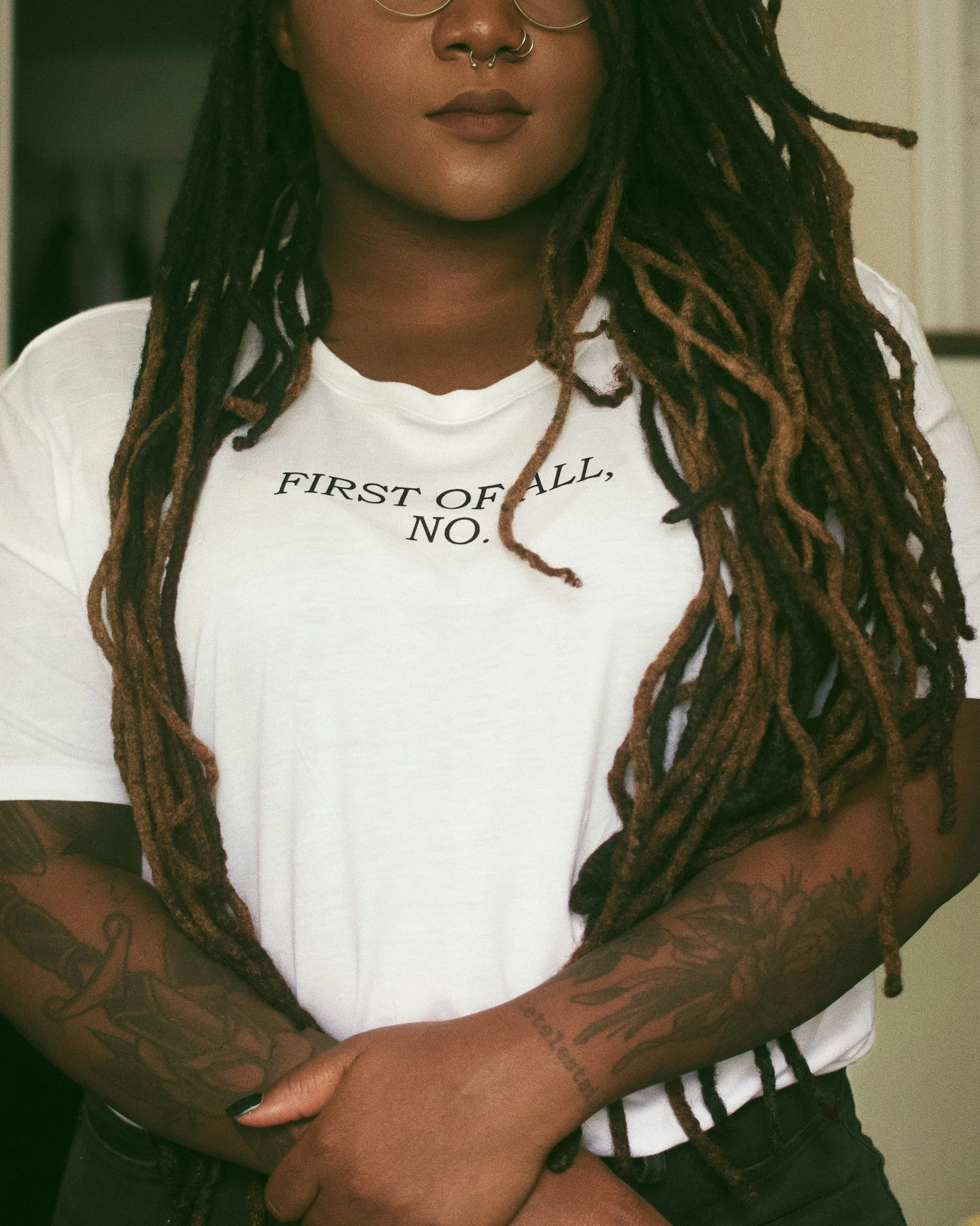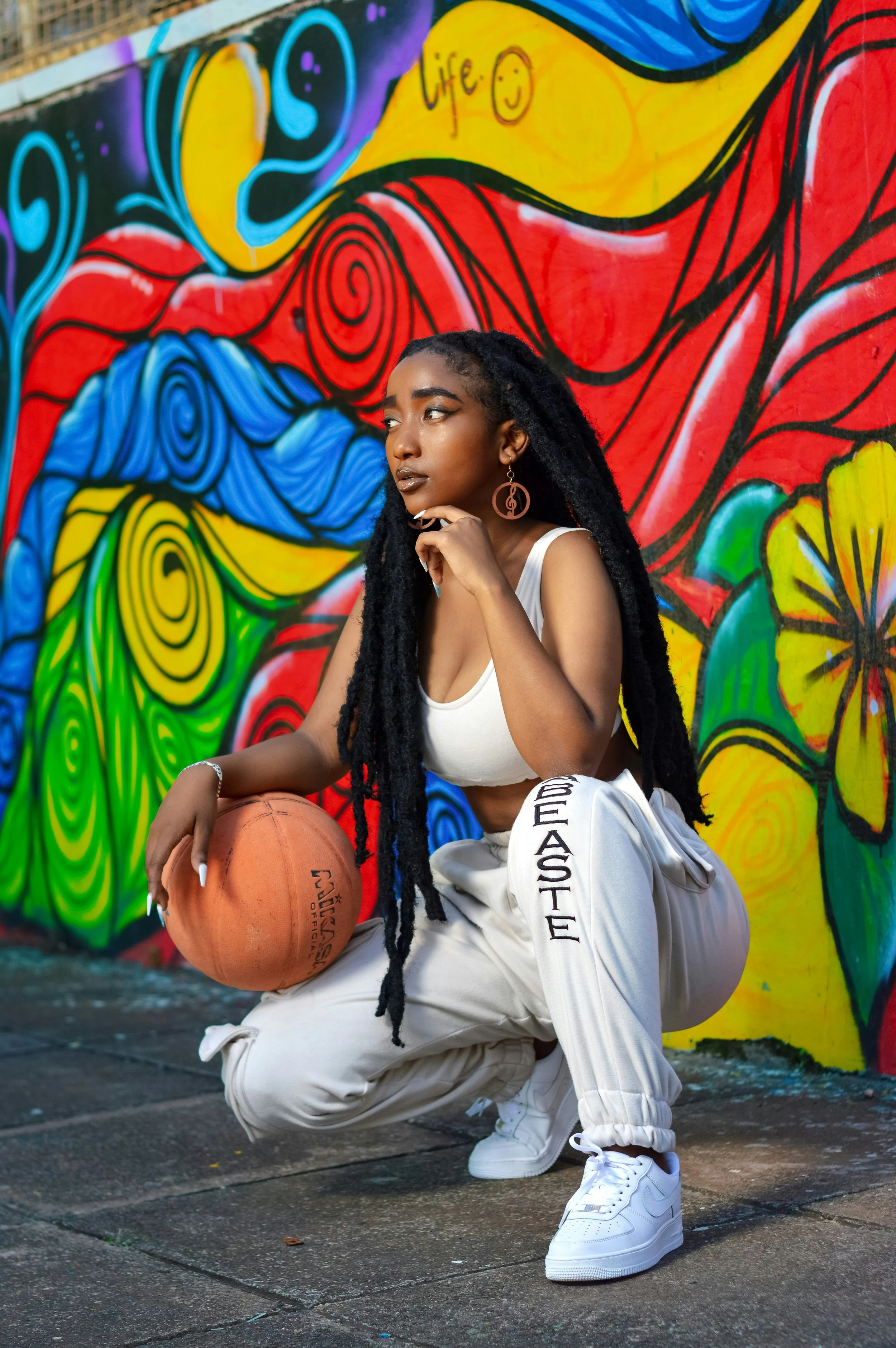Tapscott
Dr. DeLisha
HI, I’M DELISHA
Building Spaces. Creating Sanctuary. Reshaping Digital Spaces.
Welcome to my digital home—where research meets advocacy, storytelling intersects with strategy, and Black women’s digital presence is at the forefront.
I’m Dr. DeLisha Tapscott, an author, researcher, and strategist dedicated to amplifying Black women’s narratives in digital spaces. My work exists at the intersection of race, gender, technology, and resistance—focusing on how Black women navigate visibility and erasure in online worlds.
Through research-driven storytelling, strategic advocacy, and critical thought leadership, I examine the ways digital spaces both empower and marginalize Black women. From Fractured Visibility Theory, which I developed to explore these tensions, to my upcoming book tentatively titled Race, Gender, and Resistance in Digital Relationships, my work challenges systems that seek to erase us while creating spaces where our stories thrive.
Ways to work with my work
SPEAKING AND STRATEGY
Research & Thought Leadership
The digital world was not built for Black women. My research challenges how algorithmic oppression, misogynoir, and digital erasure shape our online realities. Through Fractured Visibility Theory, I explore how Black women navigate hypervisibility and silence in digital spaces.
I work with institutions, media, and organizations to reshape these narratives through research, policy, and advocacy.
STORYTELLING & ADVOCACY
Black Girl Narrative
Black Girl Narrative is a research-driven digital sanctuary for Black women’s stories. We use digital storytelling, advocacy, and content development to ensure our narratives exist beyond erasure.
Our work includes:
Digital storytelling campaigns centering Black women’s experiences
Research reports & toolkits for advocacy and institutional change
Narrative-driven content that challenges how Black women’s digital identities are framed
BOOKS & WRITING
Critical Frameworks & Narrative Power
My writing explores how Black women navigate digital spaces, visibility, and erasure while creating their own forms of resistance. Through personal narratives, cultural analysis, and research-driven insights, I examine the ways digital structures shape identity and power. I also write essays and research pieces on digital sanctuary spaces, algorithmic harm, and intersectional resistance.
What does it mean to take up space in a digital world that wasn’t designed for you?
Black women are constantly moving between hypervisibility and invisibility, navigating platforms that both amplify and erase us. Our voices are central to digital culture, yet the systems governing these spaces dictate when, where, and how we are seen. The algorithms weren’t built to recognize our full humanity. The archives weren’t structured to preserve our stories. The platforms profit from our presence but rarely protect us.
My work traces these tensions—documenting the harm, the resistance, and the futures we are building. Through research, digital storytelling, and advocacy, I examine how Black women shape digital spaces while fighting against the forces that seek to contain us.
This is more than theory. It is about power. It is about who controls the narrative and who gets to exist without conditions.
Black women’s presence is not incidental—it is foundational. And our stories will not be erased.
A Declaration of Purpose
We Document, We Disrupt, We Exist
They have tried to erase us in every way possible—through silence, distortion, and omission. They have rewritten our histories, buried our voices under false narratives, and built systems that force us to fight for recognition. And still, we tell our stories.
We tell them in whispers and in declarations, in archives and in passing conversations, in digital spaces that were never meant to hold us. Because we know that our stories are not just reflections of the past—they are evidence of our existence, blueprints for survival, and maps toward the futures we are building.
Black women’s narratives have never been just words. They are resistance. They are survival. They are the foundation of movements, the heartbeat of culture, the truths that refuse to be silenced.
Our presence is not just content. It is memory. It is evidence. It is a record of everything we have been and everything we are yet to become. And as long as we continue to document, to create, to take up space in ways that refuse containment, we ensure that our stories live—beyond the limits they set for us, beyond the systems that seek to forget us.
We are here. We have always been here. And our stories will outlast them all.
Sign Up
\
Sign Up \
Stay Connected & Informed
Be part of the conversation on Black women’s digital resistance, storytelling, and advocacy.
Subscribe for updates on my latest research, essays, and upcoming projects.
